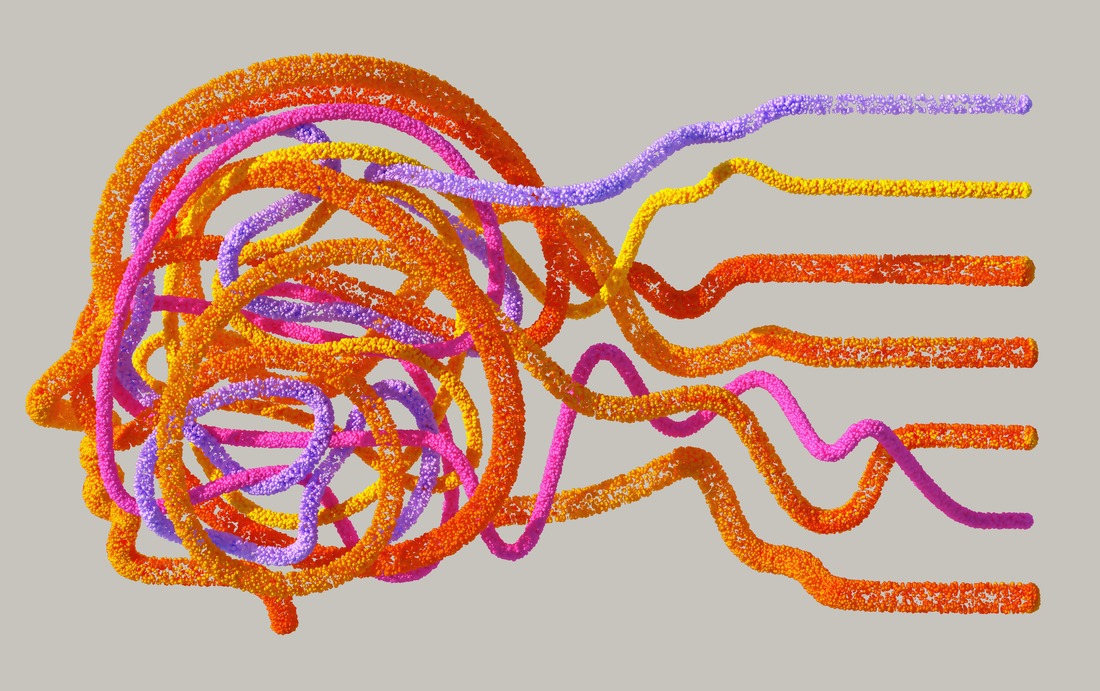The Neuroscience behind Internal Family Systems
|
Start by booking your free consultation:
[email protected] |
Let’s take a look at what happens in the brain when we work in this way. |
|
The short answer is that we are reconsolidating implicit memory.
Memory reconsolidation is a form of neuroplasticity, which is the process of opening up stored implicit memories, changing them, and then storing them back into place. In IFS (Internal Family Systems), when we work on healing 'parts', we aim to facilitate structural changes in the brain. When we refer to a 'part', we are actually talking about a cluster of neural networks in the brain, many of which have developed in response to traumas. |
|
We tend to believe that we consciously decide how we handle different situations and challenges that come up in our daily lives. However, a lot of our behaviour is driven by learning stored in implicit memory. When you drive a car, you don't have to consciously think about the complex muscle movements necessary to do this. The movements come from implicit memory.
Similarly, we use implicit memory for most of our psychological actions, such as the way we talk to our partner or the way we handle it when we feel upset. It can be surprising to learn that most of the ways we respond to things as we move through our day are not cognitive or conscious.
Some types of therapy deal more in explicit memory, interacting with the conscious mind. If you have ever been frustrated at therapy seeming to go round in circles talking about problems rather than actually changing anything, it could be that the therapy has stayed in the realm of this more conscious level of processing. Many of these types of therapy try to help you override or control implicit learning and try to get you to use logic and rationality to choose behaviours that contradict what you have learned.
Similarly, we use implicit memory for most of our psychological actions, such as the way we talk to our partner or the way we handle it when we feel upset. It can be surprising to learn that most of the ways we respond to things as we move through our day are not cognitive or conscious.
Some types of therapy deal more in explicit memory, interacting with the conscious mind. If you have ever been frustrated at therapy seeming to go round in circles talking about problems rather than actually changing anything, it could be that the therapy has stayed in the realm of this more conscious level of processing. Many of these types of therapy try to help you override or control implicit learning and try to get you to use logic and rationality to choose behaviours that contradict what you have learned.
|
IFS is different, it provides a way to access and interact with the learning we usually don’t have conscious access to: the learning stored in implicit memory. Here, we are actually changing the stored memory, which is why people are often amazed at how transformational this process can be.
The difficulties or symptoms you had been experiencing will often disappear without the need to continually maintain that change. This can feel like a game-changer if you have spent years in therapies that didn't seem to actually change anything for you. |
Powerful, transformational change happens when we do this reorganisation at the implicit level, and you will usually see the changes happen without the need to deliberately force yourself to make behavioural changes because the traumatic wound is healed at its core.
If you're interested in learning more about IFS and how it can help you, you are welcome to book a free initial consultation
If you're interested in learning more about IFS and how it can help you, you are welcome to book a free initial consultation

